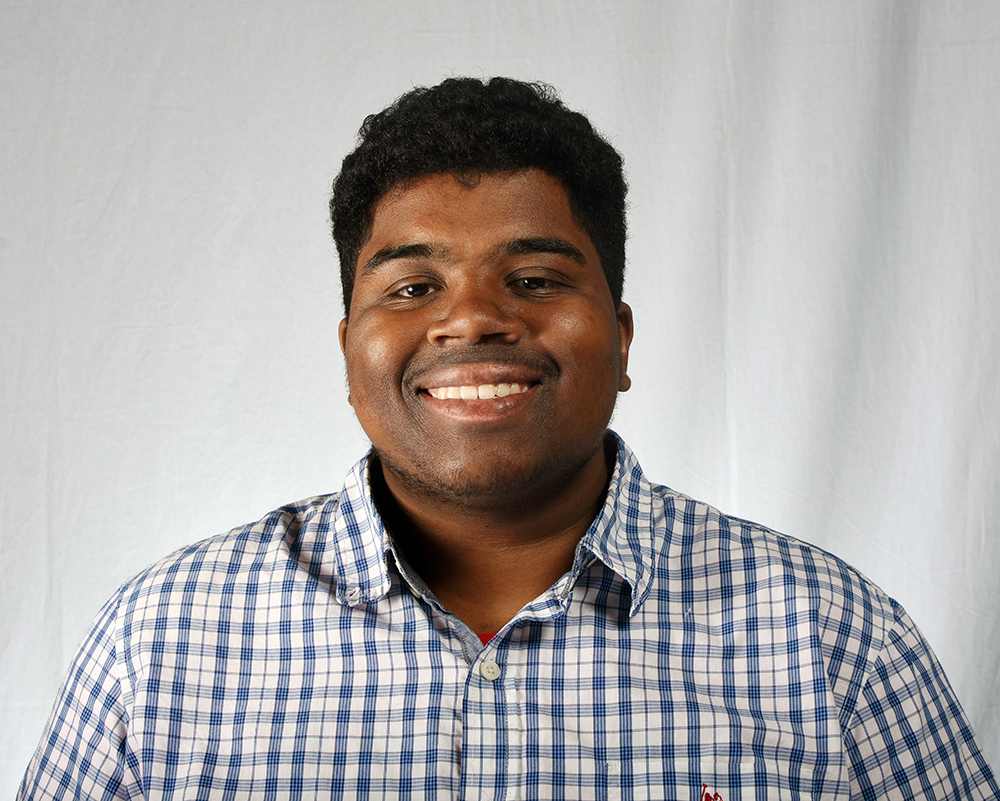Why You Need A Role Model In Your Life

Shawn Fredericks | Staff Writer
Heroes are not bound to comic book pages, video games, movies or any other medium. Heroes are in workplaces, offices and most importantly, across the dinner table everyday, puttin’ in work. With “Black Panther” hitting theaters soon, it’s important to be aware of the importance of role models both on screen and off screen.
Role models provide a blueprint for people to use in their own lives; they blaze a trail for others to follow. They also spark imagination.
For example, Barack Hussein Obama shattered expectations when he became the first black president and fulfilled his duties with diligence and excellence. Now black boys everywhere can imagine themselves in a position of power and status such as president of the United States of America, despite the efforts of the current orange-in-chief to defile his legacy. (See America, this is why we can’t have nice things.)
But au contraire, mon ami. Role models aren’t required to be in positions of power. Activist figures such as Malcolm X, Angela Davis, Rosa Parks and Dr. Martin Luther King Jr. became great role models by standing up for justice when few would do so.
All that being said, I want to paraphrase the words of Hall of Fame football player Shannon “Shay” Sharpe: Your most important role model should be across the dinner table. This means the people that should be your role models, the examples you should be following, are not rappers, singers or YouTube creators.
The people you should be following are across the dinner table from you, whether they’re your mother, father, sister, brother, grandmother, grandfather, auntie, uncle or big cousins. Family plays an important role in a child’s development; as the old saying goes, it takes a village to raise a child.
However, if family relations are strained, I urge you to look towards community leaders or counselors—people who have dedicated their lives to uplifting others. These heroes are often overlooked as role models and taken for granted.
Too often, young people fill the empty void left in the absence of a strong role model with negative celebrities who do not take responsibility for their influence, namely their negative influence on the youth.
Role models are severely needed for marginalized groups. Representation gives people someone to aspire to and helps them imagine themselves participating in a particular field. For instance, a recent study co-authored by Catherine Porter of Heriot-Watt University and Danila Serra of Southern Methodist University found that female university students were more likely to enroll in an upper-level division microeconomics class if they had first encountered successful female role models in the economics field.
Growing up, I personally did not have a role model; currently, I still do not have one. This made me a more independent soul and gave me an earned sense of self. However, it also made my development—both professionally and personally—difficult because I had no one to help guide my interests and teach me habits to be successful.
That is why I advocate for young people, especially in my generation, to find and connect with a person that can serve as their role model. By having a role model, individuals can enrich their life’s path and take themselves further in life by following the footsteps others have already made.
Navigating the world can seem to be an insurmountable task, but having a role model, a person who can guide and advise, is paramount. Through a role model, one can aspire to reach the tallest mountain, overcome the strongest obstacles and envision themselves in a position of power and prestige.